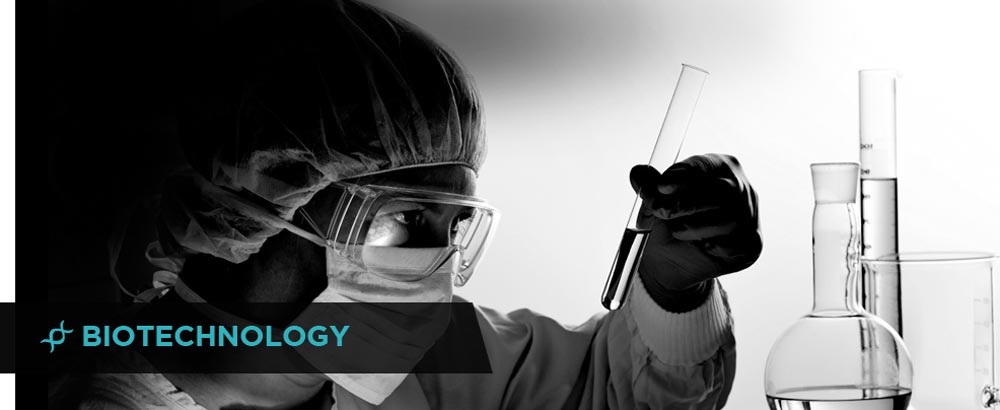Biotechnology
Recent investments in academic health/biotechnical R&D facilities and enterprises at West Virginia’s two principal research universities — West Virginia University (WVU) and Marshall University (MU) — provide an opportunity for the state to yield dividends and innovation-based economic growth. These include:
- MU recent completion of the $39 million Edwards Comprehensive Cancer Center, which includes an entire floor dedicated to translational research.
- MU’s 144,000-square-foot Robert C. Byrd Biotechnology Science Center contains a new, fully equipped Molecular and Biological Imaging Center, a state-of-the-art Genomics Facility, and the Marshall Institute for Interdisciplinary Research.
- New biomedical research and clinical facilities at WVU include the $40 million, 120,000-square-foot Erma Byrd Biomedical Research Building; the $30 million, 84,000 square-foot Blanchette Rockefeller Neurosciences Institute (BRNI); and the Mary Babb Randolph Cancer Center, offering comprehensive cancer treatment, research and education facilities.
- While still small in comparison to WVU and MU, other higher education institutions in the state, such as Wheeling Jesuit University and West Virginia State University, recently have increased their R&D funding.
For these reasons, TechConnectWV’s Biosciences/Biotechnical Sector is focused on growing and enhancing opportunities in research and development (R&D) and technology development around molecular diagnostics, therapeutics, and targeted delivery systems in West Virginia. These can be supported not only by these academic R&D programs, but also through building connections to the private pharmaceuticals industry in the state where there is expertise in GMP production (especially at Mylan). However, growth of this platform will be long-term because of the complex chain that must be built from basic science discovery, through advanced translational research, pilot production, clinical research and trials, and then into full production. Many elements of this vertically integrated chain are in place within West Virginia, and the economic potential of successful development of marketable diagnostics, therapeutics, and drug delivery systems is large.
Opportunities in the Biosciences/Biotechnical Sector include:
- West Virginia’s strengths in cancer and neuroscience have continued to build, and there is considerable interest in further development of a platform to accelerate discovery and innovations from bench to bedside through a translational development model. In particular, molecular diagnostics are a relatively near-term opportunity for development with lower barriers to entry and development costs than small or large-molecule therapeutics.
- Novel tests or therapeutic delivery systems based on the intersection of biology and nanotechnology are an additional area of opportunity for the state based on biomedical and research core competencies.
- Molecular diagnostics and nanotechnology also have a natural linkage to the Biometrics Sector (Identification, Security and Sensing Technology) that continues to develop in the state.

